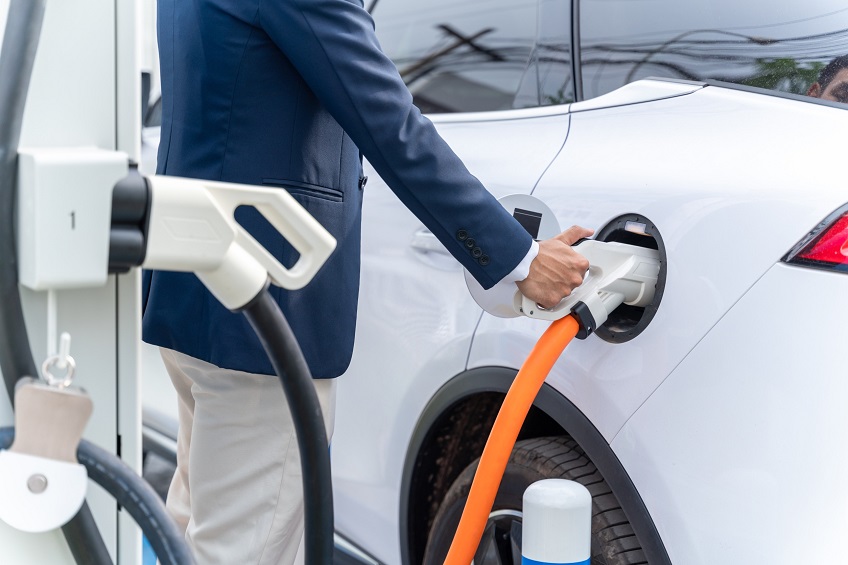
The first hybrid car, the Lohner-Porsche Mixte, was developed in 1899 (nope, that’s not a typo) by Ferdinand Porsche. It was a well-received concept and about 300 cars were made. Hybrid demand began to diminish with Henry Ford’s invention of the auto assembly line, but they made a comeback in Japan in 1997 with the Toyota Prius and even more so in 1999 with the Honda Insight—which was the first hybrid electric vehicle (HEV) to be released in the United States. Today, HEVs are becoming more popular as drivers shift to environmentally friendly motivations. But there are naturally some pros and cons about these vehicles. If you’re looking to purchase an HEV, here is some helpful information for you to consider. Hybrid cars are environmentally friendly compared to fully gasoline cars. With hybrid cars you have the option to choose gas or electricity, but even if you choose gas consistently, the vehicles are designed to be much more efficient than their gasoline-only counterparts. Most HEVs get about 50 miles to the gallon. If you have an HEV, you’re likely using both methods to regularly power your car, which gives you some flexibility and is a convenient way to try out an electric car and see if you want to fully jump in on one later. Plus, HEVs offer some peace of mind to drivers because they know they won’t get stranded when they’re out of electrical power. Another benefit is that you can save money with a hybrid car. You won’t have to fill up as often, both because of the electric component and because it gets such great gas mileage. Hybrid cars are also much quieter than traditional motor vehicles. In fact, they are so quiet, the US passed laws that required audible sounds at certain speeds due to safety concerns. HEVs also require less maintenance because the engine won’t see as much wear and tear as a traditional gas-powered vehicle. Hybrid vehicles are often more expensive up front compared to a similar sized gas-powered vehicle. You can get some federal incentives and will save on fuel, but you will need to accept paying a higher price to get it off the lot. Although maintenance may not be needed as often, when it is needed, it’s typically more expensive. Battery replacement on HEVs cost a lot, even if they should last a long time. HEVs can be more environmentally friendly, but they’re typically not as great as you may think. The toll to get the chemicals for the battery is high and the environmental impact will depend a little on how often you charge it. Naturally, all vehicles will have pros and cons. What’s important is that the vehicle you buy suits your personal needs. For heavy commuters that want to save money on gas and reduce emissions, a hybrid car may be the perfect solution. For those with large families that need to pull RVs or boats, a hybrid car probably won’t work. If you want a professional mechanic’s opinion of what is experienced in the shop with HEVs, contact our crew for advice.Pros of HEVs
Cons of HEVs